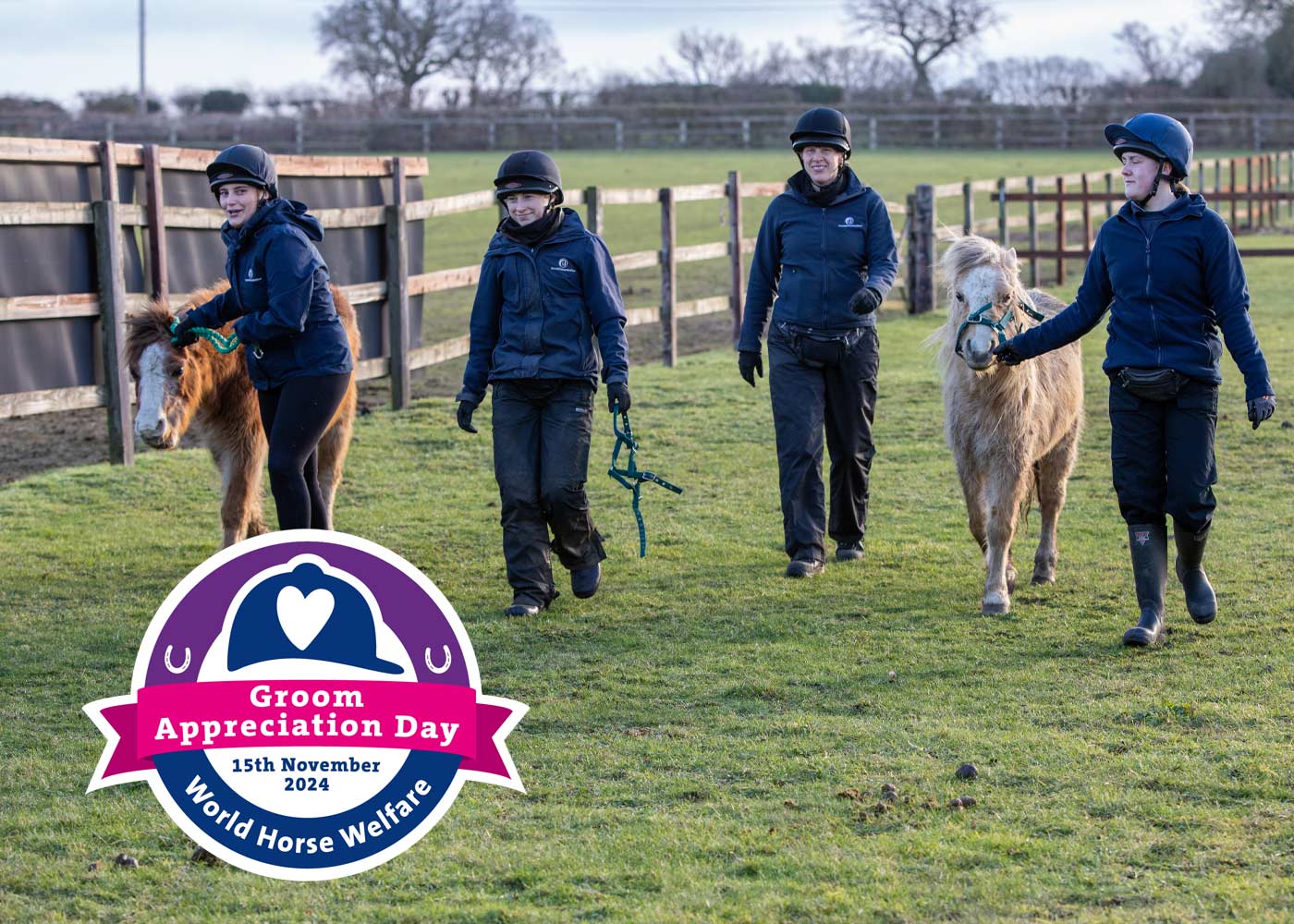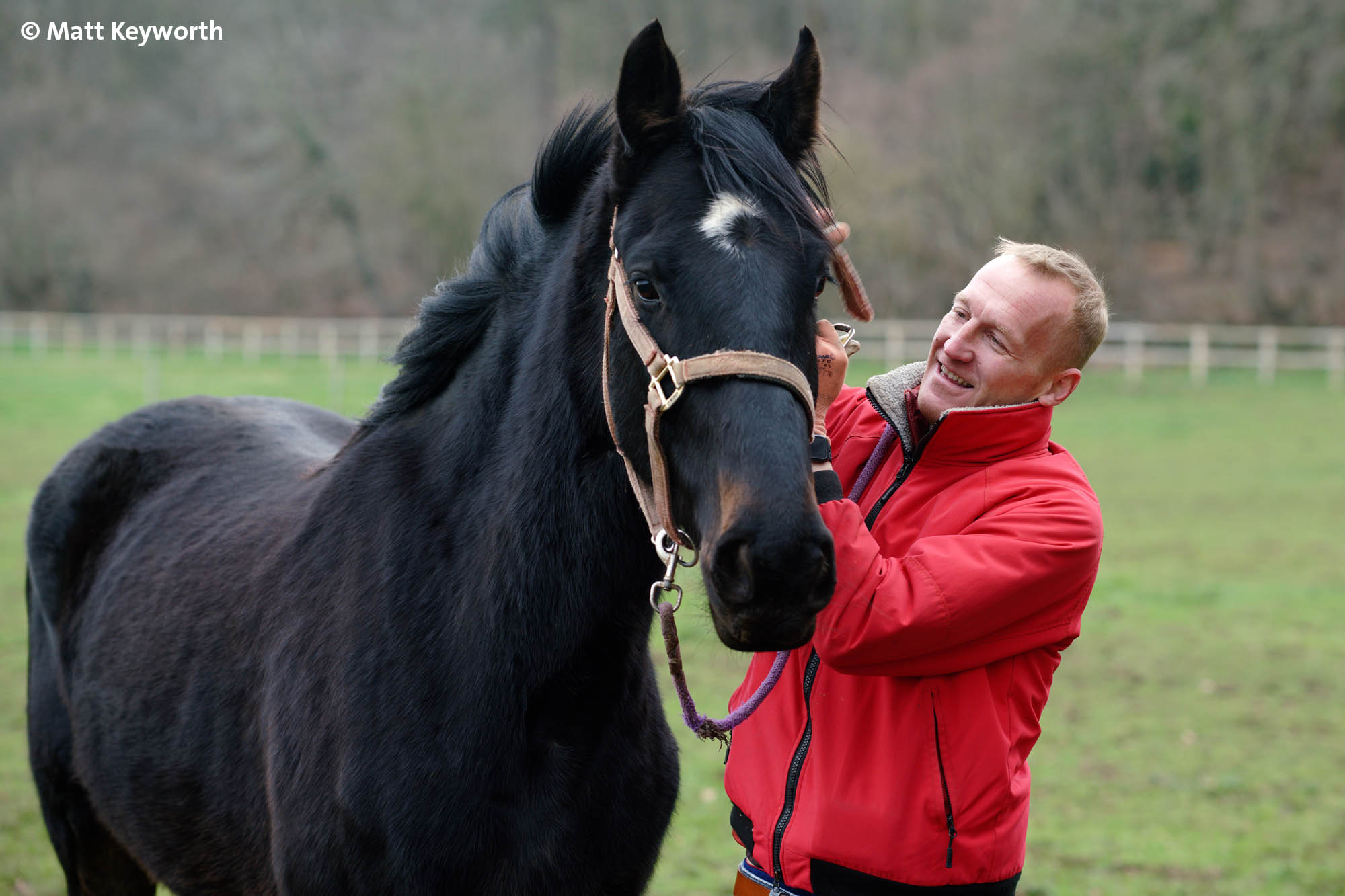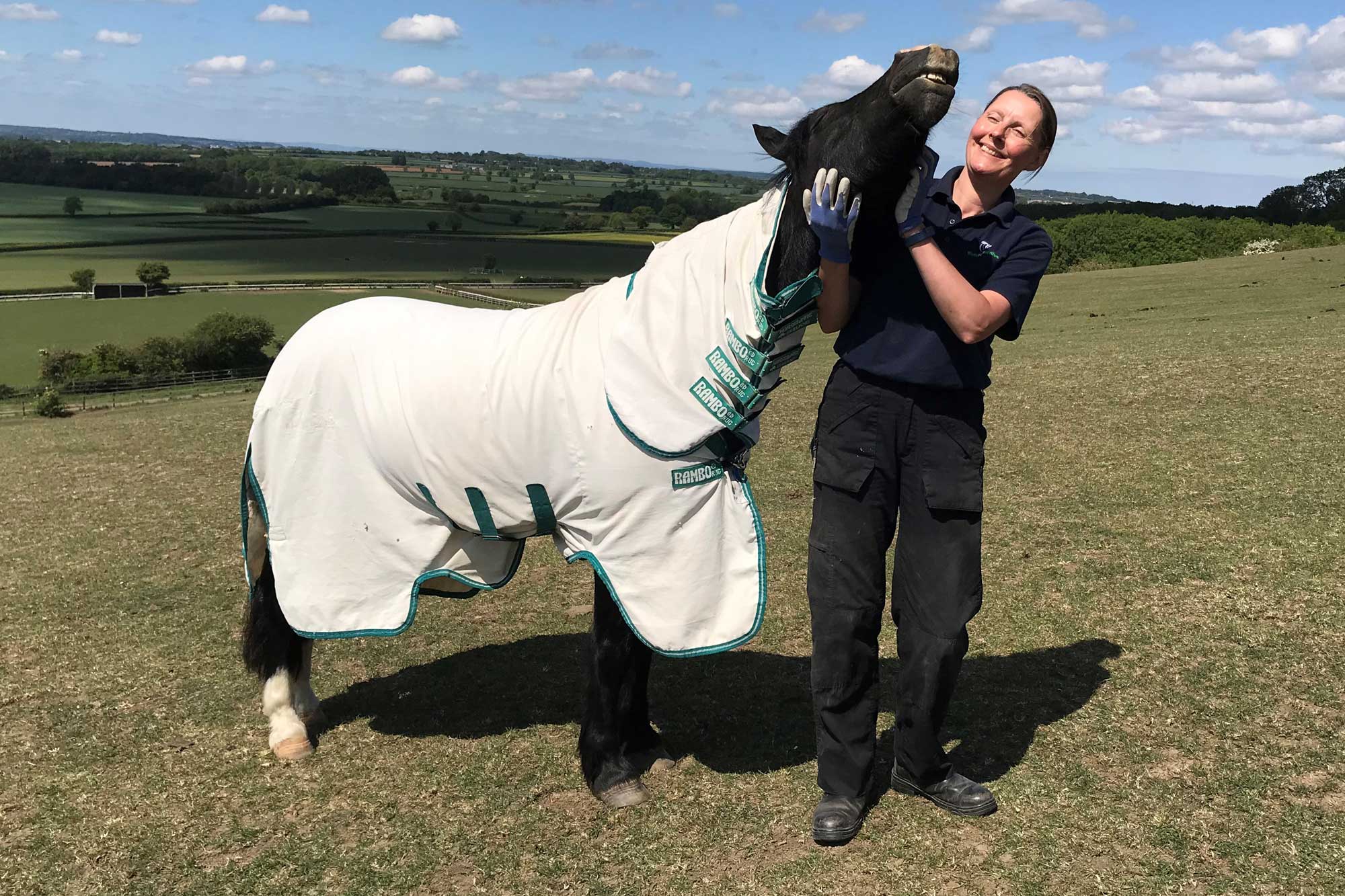World Horse Welfare organised conference draws over 150 sports leaders from across the globe.
Posted on 31/01/2024

- Lessons from the agricultural, mining and fast-food industries demonstrate they become stronger when they address public concerns
- Attendees advised to respect opposing views, proactively engage with critics and use ‘radical transparency’.
On 24 January, World Horse Welfare hosted a virtual conference to bring horse sport leaders together to learn about the strategies that leaders of other industries have used to address public concerns about their activities – often emerging stronger as a result.
The invitation-only event titled Maintaining public acceptance of equestrianism: What can we learn from other industries? was attended by more than 150 leaders from racing and equestrian sport globally, and featured presentations by President of the FEI, Ingmar de Vos; Dr. Chris Riggs, Director, Hong Kong Jockey Club Equine Welfare Research Foundation; Bob Langert, Sustainability Consultant and former Vice President, Corporate Social Responsibility & Sustainability at McDonald’s Corporation; Charlie Arnot, Founder and President, Look East and Chief Executive, Center for Food Integrity; Dr. Kieren Moffat, Co-founder and Chief Executive, Voconiq; and Toby Park, Head of Energy and Sustainability, The Behavioural Insights Team.
The most consistent theme of the day was the central role of public trust in the ongoing sustainability of any industry – trust that must be earned and continually negotiated to be maintained. Strategies such as proactively inviting critics to the table, as practiced by McDonald’s, using ‘radical transparency’ to demonstrate your industry’s openness and honesty and ensuring you are aligned with the values of the public were highlighted as being key to building trust.
The importance of these recommendations – which were so eloquently articulated by the speakers, all of whom have walked this path before – is underscored by the results of a survey we conducted through You Gov in May, 2023. The data indicated that while around 30% of the UK public broadly trusted horse sport regulators to put horse welfare first, around a quarter did not and almost 50% did not know or were not sure – suggesting much more could be done to build trust on the extent to which equine welfare is prioritised in equestrianism.
One strategy that was used – with great success – by McDonald’s, was to work with the company’s critics, and to collaborate with independent scientists and non-governmental organisations (NGOs). As Bob Langert said, “Rather than being on the defensive, we reached out to our critics and collaborated … We had spectacular results …We went from being the enemy to becoming a leader. We did good for the world, and, most importantly, we found these changes worked for our business model. These one-time critics went from being enemies to collaborators and praising our work and the changes we had made. That’s worth so much!”
Describing the pursuit of public trust as “enlightened self-interest”, Charlie Arnot was clear in his recommendations for attendees: “STOP persuading, correcting and winning; START listening, asking and sharing”. These recommendations and many others, all provided by industry experts who have walked this path before us, gave attendees invaluable insights into what has worked – and what has not worked – in other industries as they charted their journey into the future.
The presentations were followed by a lively discussion panel which highlighted the need for internal acceptance of the necessity for change, the importance of building sustainability and trust into an organisation’s strategy and the role of using human behaviour change principles in developing solutions.
“As part of our commitment to ethical horse sport we hosted this event for sport leaders to help them learn lessons in building public trust from other industries that involve animals, and how making changes to build trust is not only possible but essential for equestrianism to grow. I truly hope that guests will take what they’ve heard back to their communities and challenge the status quo. They will not be alone, as we are all part of team equestrian, and World Horse Welfare will continue to work with sport regulators to support them on this journey. We will also continue to measure public acceptance and trust in horse sport, and if just a couple of the strategies discussed are made use of, I have no doubt this measure will improve.”
Roly Owers, Chief Executive
Topics
Related News

Celebrating our often-unsung heroes who work 365 days a year
We launch World Horse Welfare Groom Appreciation Day to shine a spotlight on the invaluable and inspiring work of our grooms.

Choirs, crafts and Christmas cheer – Penny Farm’s festive fair returns
The Penny Farm Christmas Fair is back on 7th December - with Santa's Grotto bigger and better than ever.
Recommended Blog Posts

How I came to rehome Romeo
Field Officer Chris Shaw describes how he came to rehome Romeo after attending a welfare concern back in 2015.

Strangles – an update from Hall Farm
We share where we are in our efforts to return to a sense of normality at our Norfolk rescue and rehoming centre.

Sweet itch: what is it and how do we manage our ponies who have it?
Glenda Spooner Farm Rescue and Rehoming Centre Assistant Centre Manager Sara Jerman explains more.
Enjoy reading stories like this?
Join over 65,000 other horse lovers and sign up for our email newsletter

Join over 65,000 other horse lovers and sign up for our email newsletter
Sign me up now